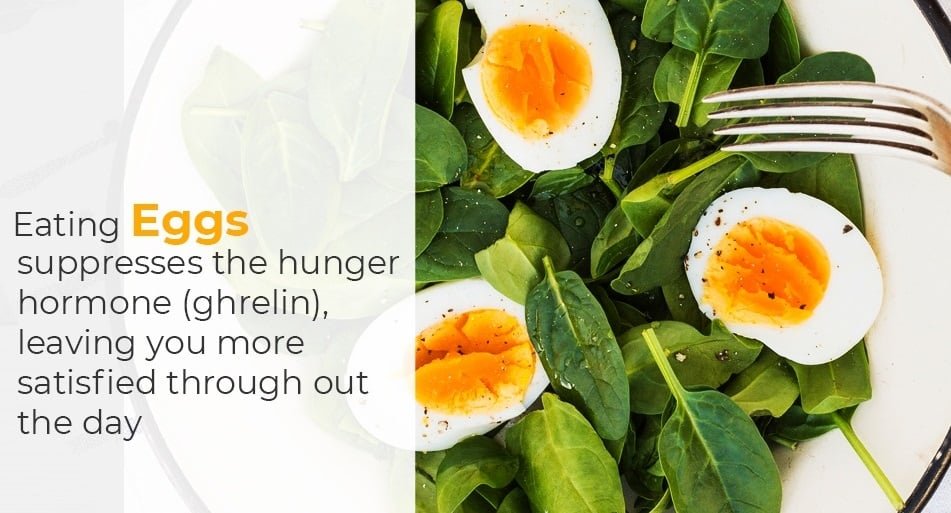


A group of concerned citizens and civil society organisations in a statement have expressed grave worries over bans on and boycott on sale and consumption of broiler meat and eggs around the country. They have condemned such moves as violation of the right to food and nutrition.
Saying that India’s nutrition policies were not based on science but the “fragile sensibility of the ‘vegetarian’”, the groups in their statement condemned the “food intolerance” being created in the country.
The statement noted that in majority of the Bharatiya Janata Party-ruled states, eggs were eliminated from mid-day meals and Anganwadis, putting children from socio-economically backward communities at an increased risk of malnutrition.
The statement also criticised the current volatile situation in Karnataka. It said a Hindu right-wing group has campaigned in Karnataka since March this year against the purchase of Halal broiler chicken meat, and fuelled the growing communal tensions in the state. Moreover, it said the Karnataka Prevention of Slaughter and Preservation of Cattle Act, 2020 has brought broiler farmers, cattle traders, butchers, leather industry workers, and such other groups to the brink of economic destitution.
Among the organisations who brought out the statement are Ahara Namma Hakku, Bahutva Karnataka, Campaign Against Hate Speech (CAHS), MILANA, Karnataka, and Secretariat Right to Food Campaign. Besides, 102 concerned citizens also signed the statement.
Targeting the consumption and sale of broiler meat in India is an attack on the right to food and nutrition
As a group of concerned activists, doctors, nutritionists, parents, advocates and researchers, we are deeply concerned at the recent irrational attacks on the food habits and nutrition rights of poor people, in the form of laws, bans and calls to boycott the sale and consumption of broiler meat. While these bans and calls to boycott broiler meat have been isolated incidents as of now, this culture of interfering in people’s choice of food and livelihood may have serious social, economic and nutritional consequences if not countered.
The statistics on nutrition in India are abysmal. According to the Comprehensive National Nutrition Survey (CNNS) 2016-18 data, among children aged 6 to 23 months, only 42% were fed the minimum number of times per day for their age, 21% were fed an adequately diverse diet containing four or more food groups, and just 6.4% received a minimum acceptable diet.
Among children aged 2 to 4 years, while 96% consumed grains, roots and tubers and 62% consumed dairy products, only 5% consumed vitamin A-rich fruits and vegetables the previous day, 16% had consumed eggs, and 1% had consumed flesh foods. Among adolescents, only 35% consumed eggs, and 36% consumed fish, broiler chicken or meat.
The Battle for Eggs
Although the politics around beef and even broiler meat is well known, eggs have been denied in midday meals and Anganwadis in 14 out of 19 BJP majority states aside from a few other states. In many of these states (e.g. Chhattisgarh, Karnataka and Madhya Pradesh), persistent demands for introducing eggs in midday meals have been vociferously resisted by privileged or upper-caste vegetarian minorities. In Madhya Pradesh, their opposition did not even allow eggs to be served in three Adivasi-dominated districts on a pilot basis.
Recently, the government of Karnataka broke this jinx with a welcome albeit thoroughly inadequate decision (in November 2021) to introduce eggs in midday meals, a long pending demand from children, parents, nutritionists, doctors and activists – but only in seven districts. Objections have been raised by religious groups who had prevented a similar attempt in 2015, their argument being that “traditional eating practices” should not be tampered with and that the “imposition” of eggs on “vegetarian” children, when there are vegetarian alternatives, is discriminatory. This argument is ridiculous on several counts.
Eggs can improve the nutritional status of the child and help the child gain essential nutrients to fight infection and get out of the vicious cycle. This is also why eggs should be given to all children who traditionally consume them, irrespective of whether they are currently malnourished or not, because their risk of going into malnutrition is more, given their social and economic location. In this instance, prevention of malnutrition and consequent ill health is better public health practice than looking at abysmal nutritional indicators and taking remedial steps. Eggs provide many of the nutritional needs of children, including good quality proteins, minerals, vitamins and fats. They are tasty, affordable, simple to cook, and less vulnerable to adulteration and pilferage than other nutritious foods. They also increase school attendance. The continued exclusion of eggs from midday meals in many states is a grave injustice towards Indian children, which reflects a caste bias more than anything else.
Source – NEWS CLICK

